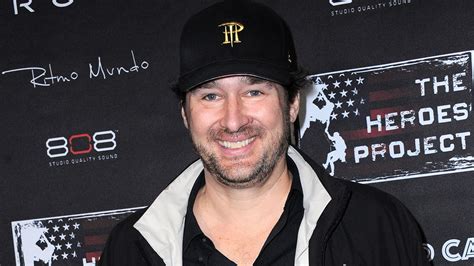A Quote by Charles Lamb
Related Quotes
We have entered a period of intolerance which combines, as it sometimes does in America, with a sugary taste for euphemism. This conjunction fosters events that go beyond the wildest dream of satire- if satire existed in America anymore; perhaps the reason for its weakness is that reality has superseded it.
There are two kinds of humor. One kind that makes us chuckle about our foibles and our shared humanity -- like what Garrison Keillor does. The other kind holds people up to public contempt and ridicule -- that's what I do. Satire is traditionally the weapon of the powerless against the powerful. I only aim at the powerful. When satire is aimed at the powerless, it is not only cruel -- it's vulgar.
Comedy is very interesting because you can very quickly cross into dangerous territory. I mean look at what happened, unfortunately, (in) Paris a couple of weeks ago. They were making comics - which were really satire - but it offended people. I'm not saying the reaction was justified but there's definitely a line when you're doing comedy or satire and how it might affect somebody. That's the thing you have to watch and I think you have to be respectful of it.



































